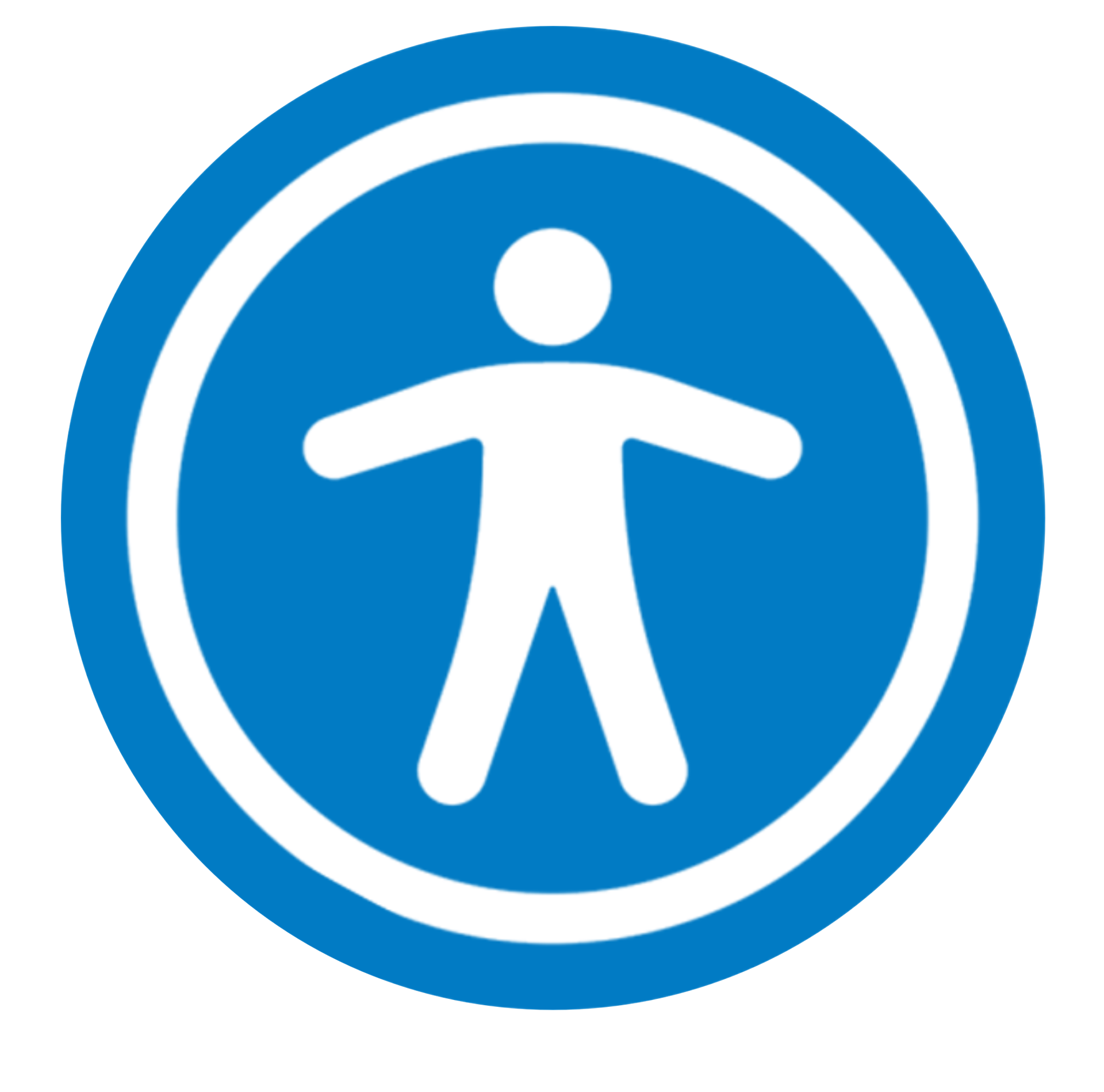You are here: Mental Health Challenges and Older Adults/adults/MH/older-peoples-mental-health
Dementia
Dementia:
What is Dementia?
Dementia is a term used to describe a range of disorders or conditions that are affecting the brain. There are several types of dementia, the most common and well known one is Alzheimer's disease. You can have Dementia at any age, not just as you get older, and everyone diagnosed with dementia will experience their own unique symptoms
What are the most common types of Dementia?
The most common types of Dementia are as follows:
Alzheimer's Disease - symptoms are usually mild to begin with and then worsen over time. (Difficulty with language, depressed or agitated and may withdraw from family and friends, memory lapses, problems with special awareness, difficulty making decisions, problem solving and/or disorientation of time or place, a person not recognizing a familiar face.)
Vascular Dementia - caused by small blood clots preventing oxygen getting to the brain. (Progression can be quite erratic as a person my not have a series of blood clots for sometime. People suffering will usually appear to be 'getting better', this is usually temporary, as the damage to the brain can eventually lead to difficulties; e.g. with daily living, attention, memory, decision making and motivation.)
Frontotemporal - More common under the age of 65. Frontotemporal Dementia represents a group of conditions which are caused due to nerve cells in the brain dying and the nerve pathways becoming damaged in the frontal and temporal lobes of the brain. (Behavioural Variant Frontotemporal Dementia symptoms can be: changes in behavior or personality, apathy, obsessive or repetitive behaviours, loss of empathy, changes in appetite, difficulties making decisions, problem solving and concentration.)(Primary Progressive Aphasia, which consists of Semantic Dementia and Progressive Non Fluent Aphasia can have the following symptoms: language difficulties, speech or grammar problems, reduced understanding and difficulty recognizing familiar faces or objects.)
Dementia with Lewy bodies - Dementia with Lewy Bodies is caused by a build up of clumps and proteins in nerve cells in the brain, known as Lewy Bodies. (Symptoms of this are: fluctuating alertness, confusion and concentration levels, memory issues, mood changes, struggling with problem solving, spatial awareness, difficulty doing everyday tasks, tremors, slower movement, sleep disturbance, unsteadiness, an increase in falls and visual hallucinations.
Although there is no known cure for Dementia just yet, there is still support out there for you, anyone looking after someone with Dementia and anyone looking for more information. Here are some services here to help with Dementia:
Local Services:
- Huntingdonshire Dementia Action Alliance - Dementia Action Alliance brings together leading organisations across England committed to transforming health and social care outcomes for people affected by dementia. Dementia Action Alliance captures and promotes best practice, enabling it to benefit many more people. They do this through member Action Plans. These are made public on their website. Members come together to share best practice and learn about the latest trends and innovations from across health and social care. We enable this through our events programme that includes roundtables, conferences and webinars. Members come together to influence system-wide change and campaign on major issues within health and social care affecting people living with dementia.
- Dementia Carers Support Service - The Dementia Carers’ Support Service (DCSS) provides support for carers of people with dementia throughout the journey of their caring role. This is achieved by linking current carers of people with dementia with those who already have first-hand carer experience. These experienced carers are a befriender or buddy and become Dementia Carers’ Support Volunteer.
- Dementia Support Service Cambridgeshire - The Alzheimer's Society dementia support workers offer information and practical guidance to help you understand dementia, cope with day-to-day challenges and prepare for the future. They offer information to people who are worried about their memory and ongoing support to people affected by dementia face to face, over the phone or in writing.
- Peterborough Dementia Action Alliance - Dementia Action Alliance brings together leading organisations across England committed to transforming health and social care outcomes for people affected by dementia. Dementia Action Alliance captures and promotes best practice, enabling it to benefit many more people. They do this through member Action Plans. These are made public on their website. Members come together to share best practice and learn about the latest trends and innovations from across health and social care. We enable this through our events programme that includes roundtables, conferences and webinars. Members come together to influence system-wide change and campaign on major issues within health and social care affecting people living with dementia.
- Love to Move - Love to Move is a seated exercise and movement programme, packed with fun, music and laughter and specially designed to help improve the fitness of mind and body. This exercise programme is unique in the UK and proven to have significant physical, emotional and cognitive benefits for all participants, particularly those living with dementia. Each session lasts one hour and is delivered by an experienced and enthusiastic tutor.
- Dementia Compass - Founded in 2010, Dementia Compass works to support individuals with a cognitive impairment and their families and care partners. We are a volunteer-led, not-for-profit organization based in Cambridgeshire, England.
- Dementia Compass - D'Music'a Community Choir - We welcome anyone who loves music, especially those with memory challenges. We are a group consisting of individuals diagnosed with a dementia or mild cognitive impairment, their care partners and people who are keen on singing, having fun, and supporting opportunities for people living with dementia.
Local Dementia Cafés:
A Dementia Café is a café that people suffering with dementia can visit and be social, along with their friends, families and carers. The cafés are relaxed are give people the opportunity to talk with staff and other people about dementia whilst having a cup of tea and cake. Some cafés host regular talks by a range of local services who promote wellbeing and safety.
- Forget Me Not Café - Alex Wood House Nursing Home, 3A Fortescue Road, CB4 2JS, Cambridge
- Dementia Café Ramsey - Rainbow Surgery, Stocking Fen Road, 1B Stocking Fen Road, Ramsey, PE26 1SA, Huntingdon
- Dementia Café St Ives Cambridgeshire - St. Ives Free Church Market Hill, PE27 5AL, St. Ives
- Synergy Café, Thorpe Hall - Thorpe Hall Hospice, Thorpe Road, PE3 6LW, Peterborough
- Dementia Café March -36 High Street, PE15 9JR, March
- Dementia Café Ely - Ely Methodist Church, 15 Chapel Street, CB6 1AD, Ely
- Dementia Café Wisbech - Robert Hall Centre, St. Augustines Road, PE13 3AH, Wisbech
National Services:
- Dementia UK - This site offers support and helpful information about dementia and how you can get in touch for more help and info.
- Alzheimer's Research UK - Alzheimer’s Research UK is the UK’s leading dementia research charity, dedicated to causes, diagnosis, prevention, treatment and cure. Backed by our passionate scientists and supporters, we’re challenging the way people think about dementia, uniting the big thinkers in the field and funding the innovative science that will deliver a cure.
- Alzheimer's Society - This site has great information about getting help and getting involved in supporting people with Alzheimer's.
- Age UK - Age UK's vision is to make the UK a great place to grow older. They do this by inspiring, supporting and enabling in a number of ways.
- Carers Trust Cambridgeshire, Peterborough and Norfolk - We support family carers of all ages across Cambridgeshire, Peterborough and Norfolk. We also offer flexible, professional care services to adults and children with a range of disabilities and health conditions.
Mental health challenges are common but help is available and with the right support many people recover completely. Check out our Support Services Page for lots of services who are local and national!
*Some information gathered from www.nhs.uk and www.ageuk.org.uk/.

